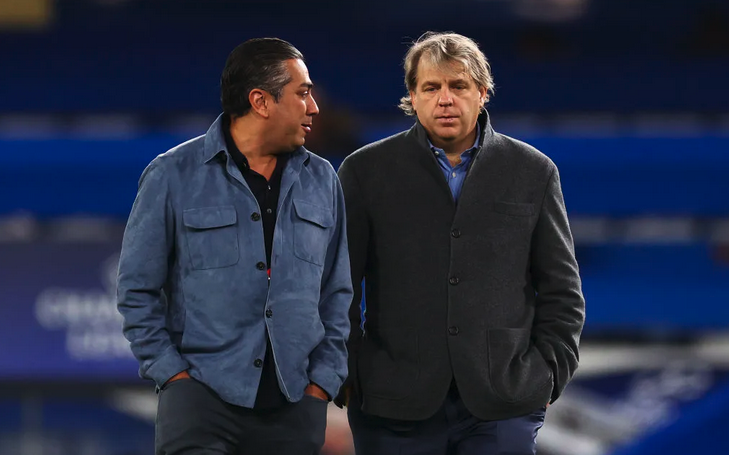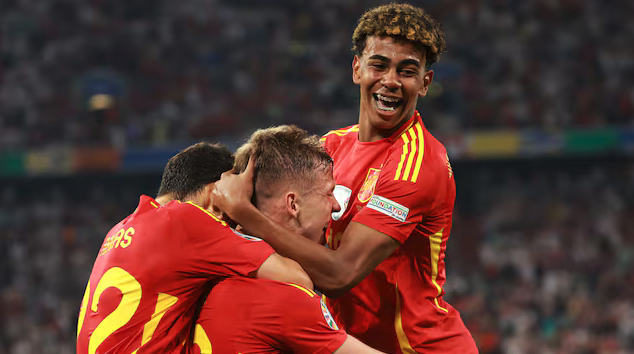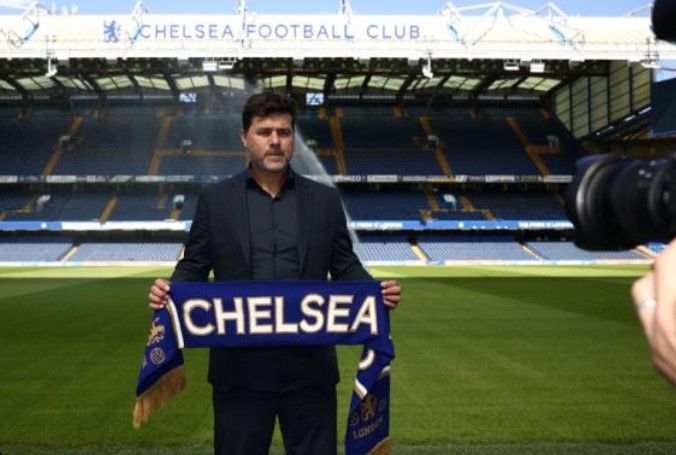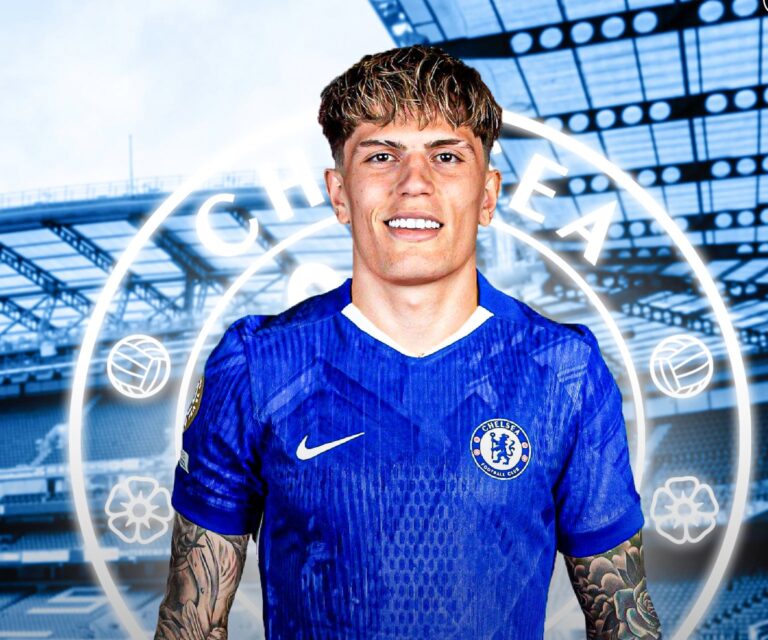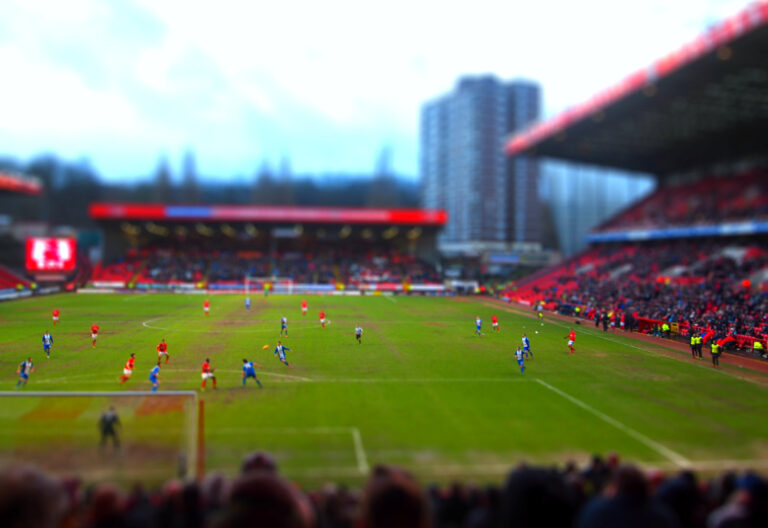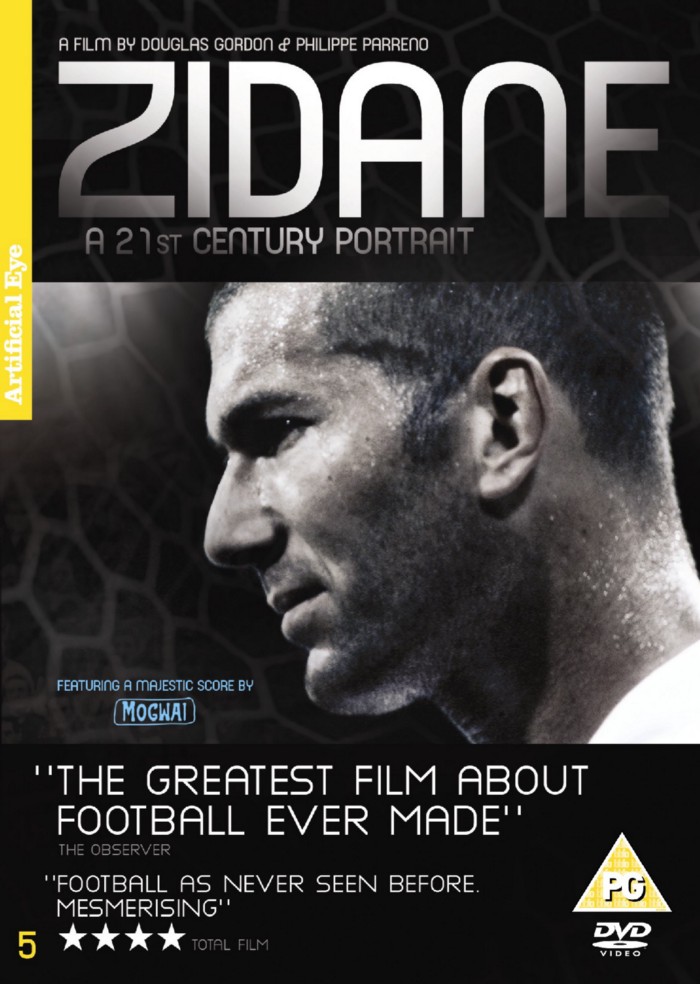

The date was Saturday, April 23rd, 2005. As the throngs of supporters filed in languidly into the Santiago Bernabeu in Madrid, the air inside the stadium was pale, thick, and drenched in the heat & humidity of the Spanish summer and you could almost cut through the blanket of air floating around the stadium as it slowly filled up to full capacity.
The setting seemed inconspicuous — a home La Liga game against Villareal suffocating in thick machine & sideline smoke, and the voices of thousands of Real fans chanting vociferously to the rhythm and grooves of the drums of the most fervent Madridistas.
Although it seemed like just another La Liga game of the 2004–05 season, the setting echoed a poignant & inherent stillness and timelessness, rather ominously for the events which were to transpire— a football game captured in a way no other had ever been.
In that setting, the famous Real ‘number 5’ jersey was worn by none other than the mercurial French captain and World Cup and Ballon d’Or winner Zinedine Zidane as the players lined up before kick off.
This was an ordinary one-off game, but one that would live on in infamy, not for the result or the goals, but because of the player donning the ‘number 5 ‘that night.
Film directors Douglas Gordan and Philippe Parreno decided set up 17 synchronized cameras around the Bernabeu for that particular game that night with one motive — Zidane.
The film called ‘Zidane: A 21st Century Potrait’ captures every touch made by Zidane as up close and personal as it can get, using cutting age cameras and cinematography that was available at the time in 2005.
The sequences are almost dream like, bending and stopping time and space, and captivating you as you watch Zidane — a true artist of the game — trudge, dribble, pass and move to the soundtrack by Scottish post-rock band Mogwai drifting in and out of the riving noise and chants of the fans inside the Bernabeu for 90 minutes.
Zidane’s elegance on the ball, his technique, and his innate, inborn ability to play the game at his speed and will, with a certain distinctive and pervading flair and panache, yet making it seem like just another ‘walk in the park’ is a true testament to the Frenchman’s genius.

It’s that up close, that you can see the sweat drip off Zidane’s face as he marauds the pitch — mostly walking — and occasionally bursting into runs, taking perfect touches and passing the ball around, keeping it moving, all the while weaving his trademark style of play as he asserts himself on the pitch, playing the game in a way only he could.
The film is edited astutely, and cuts into TV broadcast pictures, the Bernabeau’s lights, in certain sequences amidst the close ups of Zidane and his characteristic flicks and as the melancholic music by Mogwai kicks in midway there is a segment of captions of the Frenchman’s thoughts on his childhood, his ideology of football and life, which make for an emotive and immersive watch, while the game continues.
It’s no secret that Zidane was born in the poor neighbourhoods of La Castellane in Marseilles and had a rather turbulent and difficult childhood because of his immigrant roots, which made for a certain inherent violence ingrained in him because of his younger years.
However, while there was an inner violence, there was also an inner calm about Zidane, especially on the pitch. There’s a certain in-game habit of his which you can see in the film, where he kicks the ground lightly, making sure his boots are tight enough, feeling the green grass and pitch’s surface, if you will, almost meditatively, living in the moment of the game.
Ask any Madridista or fan of Zidane and they’ll tell you how artistically and eloquently he played the game. You can hear the Real fans cheer almost every touch made by Zidane in the film, something they always did when the Frenchman was on the ball throughout his time playing for Real. Applause for every Zidane touch was a given under the lights of the Bernabeu.
Mind you, this was the Galacticos era where the likes of Ronaldo Nazario, Luis Figo, Raul, David Beckham, Michael Owen, Roberto Carlos, Guti, Casillas — all superstars in the their own right, lined up for Real week in and week out.
A true generational player of the beautiful game, long before the years of Messi & Ronaldo, Zidane is a purist’s player and one of the greatest to have ever graced the game, much before he decided to get into management and again conquer it all — a sure shot outlier as a player and as a manager.
Statistically speaking, Zidane only provides an assist during the game as the film cameras roll on with a cross to Ronaldo Nazario before the Brazilian scores.
But with Zidane, it’s not about the stats and the number of goals and assists, of which he has humble statistics — It’s the way he played the game — like a magician, artist and genius — with every touch, every dribble, every pass, every move and every goal.
Zidane was not only technically brilliant and mesmeric but he also typified the meaning of a ‘big-game player’ in every sense of the word. He almost single-handedly led France to glory in the 1998 World Cup scoring twice in the final as France beat Brazil 3–0.
Zidane or simply ‘Zizou’ as he was so passionately dubbed by French supporters, would retire just one year after the film was shot, after his infamously notorious red card in the 2006 FIFA World Cup final, when he headbutted Italian defender Marco Matterazi, which in the end, led to France losing to Italy in the final, as Zidane, arguably the player of the tournament, departed the pitch after that reckless and wild moment of uncontrolled anger and rage.
Perhaps, the film also revealed a glimpse of the inner brashness and violence in Zidane, a year before that moment in the World Cup final, as he gets sent off towards the end of the film.
The film is the conjuncture of cinema and football and a must-watch for everybody who is interested in the game. It explores how portraiture can tell a compelling story despite only being about one football game and about one particular player, and how powerful cinematography can be while depicting a football match. It also makes you wonder why regular football game broadcasts don’t have more innovative cameraman-ship.
Nevertheless, from an artistic and purist perspective, the film shows you perhaps the greatest player of his era and arguably of all time, from an evocative and unique, up-close and personal standpoint, in a game where he doesn’t score, but which explores the subtlety of his genius and the essence of why he was so widely celebrated and loved throughout the world of football during his playing days.
This is a film for the purists.
This is Zidane: A 21st Century Portrait.
